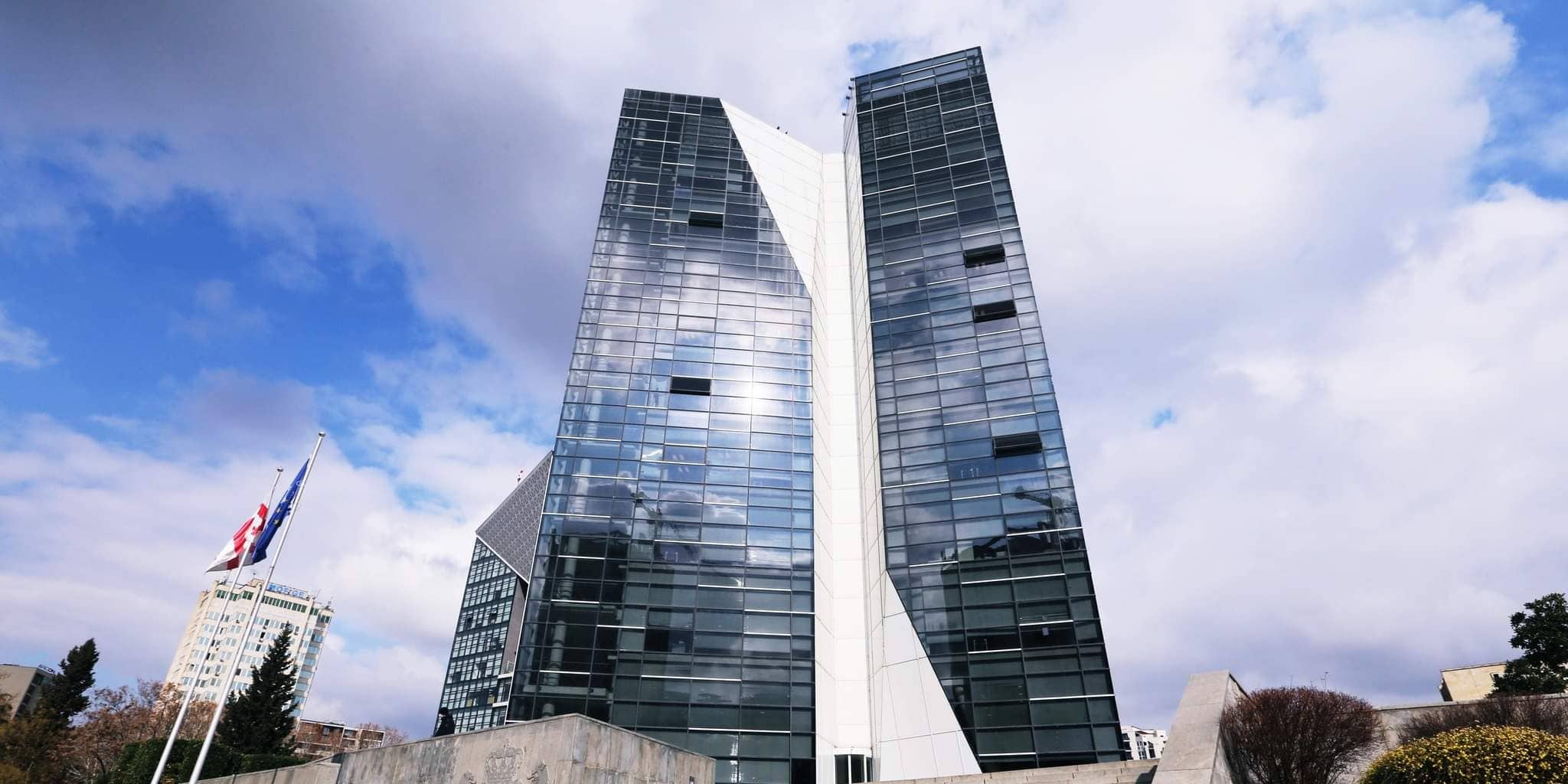News

July 30 is the World Day Against Human Trafficking, Celebrated Annually Under the Auspices of the United Nations, Aiming to Raise Public Awareness of this Crime
The fight against trafficking is a priority direction of the Georgian government, which is also an important part of the process of Georgia's integration into the European Union and creates a safe and reliable environment in the country and the region in terms of fighting transnational organised crime.
According to the 2023 report of the US State Department, Georgia is still at the highest level in terms of anti-trafficking measures, according to which Georgia fully meets the anti-trafficking standards; and continues strong, sustainable, consistent and coordinated anti-trafficking measures, leading to the country's top rating.
The positive assessment of the anti-trafficking measures taken by Georgia is the result of the effective work of the Interagency Coordinating Council implementing measures against human trafficking under the leadership of the Ministry of Justice of Georgia and its member state agencies.
Coordinated state anti-trafficking policies are aimed at crime prevention, victim protection, proactive investigation and effective prosecution, and strengthening of cooperation measures.
 Geo
Geo Eng
Eng